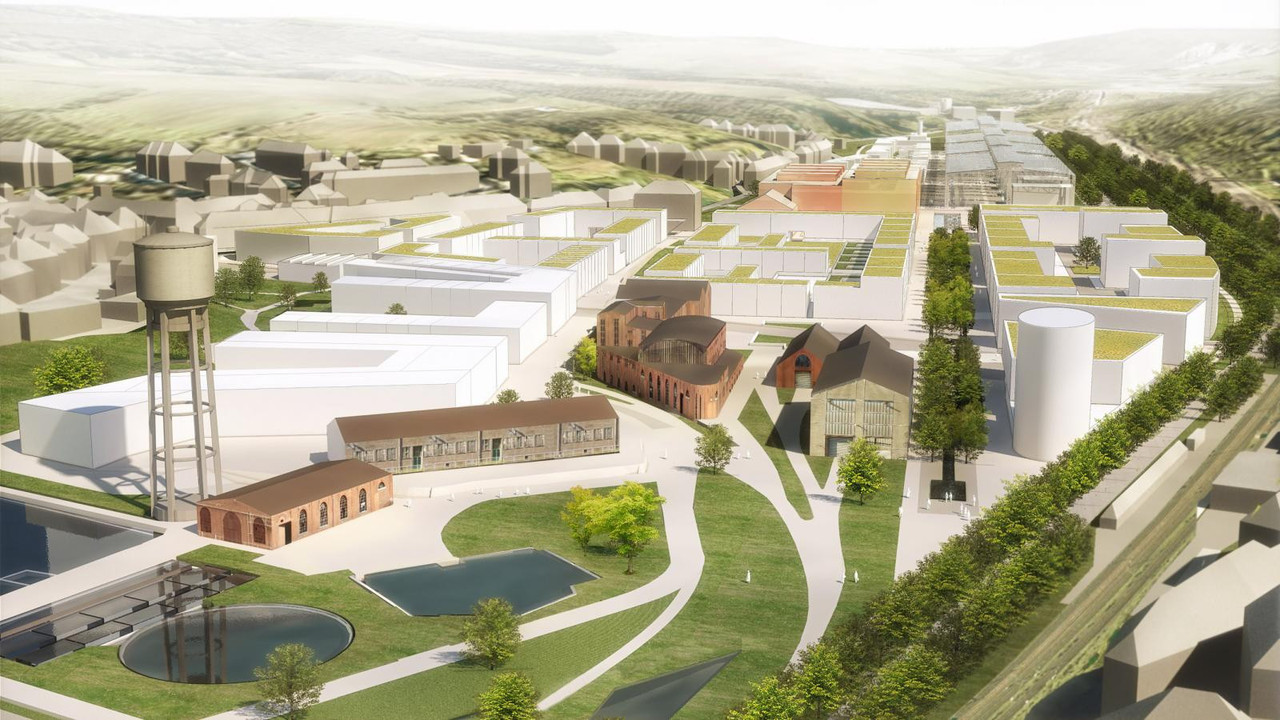The "Neischmelz" project began in Dudelange with the final closure of the ArcelorMittal rolling mill in 2005. In the heart of the city, on nearly 36 hectares, the former steelworks wasteland will be converted into a “modern and ecological city district with a high quality of life and living”, said housing minister, Henri Kox (déi Gréng).
The government has just adopted two financing bills to support the implementation of the first phase of this project. “The total financial participation of the state has been estimated at €507.5m, which is divided between, on the one hand, the financing of the remediation and revaluation of the site and, on the other hand, the financing of the housing development,” the minister added.
The first housing units to be delivered by 2027
In the first phase of the project half a billion euros should see 1,575 housing units being built, developed entirely by the Housing Fund. They should be able to accommodate around 3,700 people within 15 years. The project includes 866 affordable rental units, 551 subsidised affordable sale units, and 158 unsubsidised, low-cost sale units. “The aim of the neighbourhood is to create a social and generational mix. Local shops, restaurants, offices and leisure facilities will also be created in the long term,” continues Kox.
The 36 hectares are divided into 4 PAPs (special development plans): North, Centre, Italy and South. The next steps are the preparatory studies for the energy concept for the renovation and the demolition, which is planned for this year and 2022, with work starting in 2022-2023. Work on the first residential buildings is to start in 2024-2025, and the aim is to deliver the first residential units by 2027-2028.
The creation of a National Centre for Public Collections
A third funding bill will be implemented “in the coming years for the construction of the ‘South’ PAP housing, as well as for the National Centre for Public Collections, including an exhibition space, a restoration workshop and laboratories”, said culture minister Sam Tanson (déi Gréng), who dialled in to the press conference via video due to recently testing positive for covid-19.
“The aim is to guarantee the conservation and protection of cultural heritage.” According to an initial estimate carried out with the cultural institutes in July 2018, the surface areas currently in use are 18,500m2 and future needs are estimated at over 13,500m2.
This story was first published in French on . It has been translated and edited for Delano.
